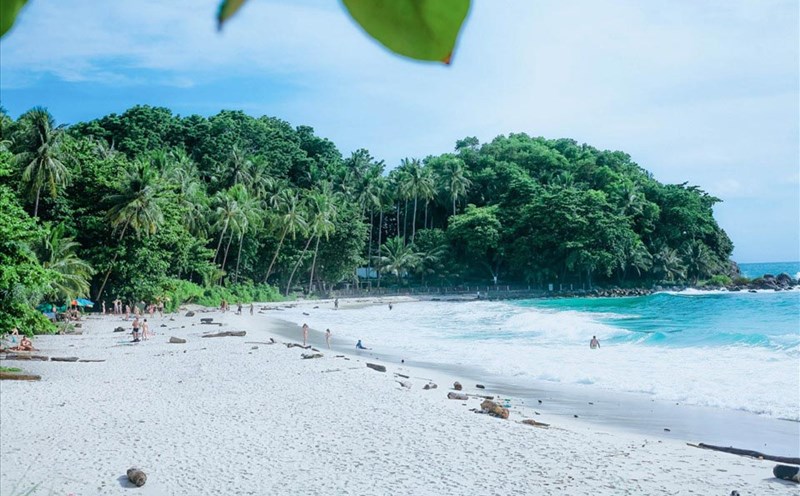In the first 6 months of 2025, the number of international tourists globally increased by 5% compared to the same period in 2024, about 4% higher than before the pandemic.
According to UN Tourism, almost all regions have recorded positive growth. Africa grew by 12%, of which North Africa (+14%) and Ha Sahara (+11%) both achieved double-digit growth. Europe welcomed nearly 340 million visitors, up 4% compared to 2024 and 7% higher than in 2019.
Central - Eastern Europe increased sharply (+9%) but was still 11% lower than before the pandemic. China and the US increased by 3%. South America stood out with 14 percent growth, while North America and the Caribbean remained almost unchanged.
The Middle East is the region that recorded a decline in growth after a strong recovery period (-4%). However, this growth rate is still 29% higher than in 2019.
Notably, the Asia-Pacific region, despite growing by 11%, has only recovered at 92% compared to before the Covid-19 pandemic. Northeast Asia leads with a 20% increase, but the recovery rate is still 8% lower than in 2019.
UN Tourism said Japan and Vietnam are the two best destinations with impressive growth (+21%).
According to the Statistics Office (Ministry of Finance), the number of international visitors to Vietnam in the first 6 months of 2025 reached nearly 10.7 million, an increase of 21% over the same period in 2024 and 25.7% higher than the same period in 2019 at the time before the pandemic.
UN Tourism also said that through monthly statistics, many destinations have achieved impressive growth in international tourism revenue, including: Japan (+18%), UK (+13%), France (+9%), Spain (+8%) and Turkey (+8%).
Major markets with strong increases in overseas travel spending include China (+16%), Spain (+16%), the UK (+15%), Singapore (+10%) and South Korea (+8%). Previously, in 2024, international tourism revenue globally reached a record of 1,734 billion USD, 14% higher than before the pandemic.
According to a survey by the UN Tourism Expert Council in September 2025, the increase in transportation and accommodation costs is still two major challenges affecting international tourism. Therefore, tourists tend to choose closer destinations, shorter trips or spend more frugally.
At the same time, instability in the world's economic situation and geopolitical tensions can negatively affect international tourism. According to the survey, low confidence is the factor ranked 3rd in terms of the level of impact on tourism activities, while geopolitical risks ranked 4th. In addition, other factors include trade tariffs (ranked fifth) and requirements for travel procedures for tourism (ranked sixth).








